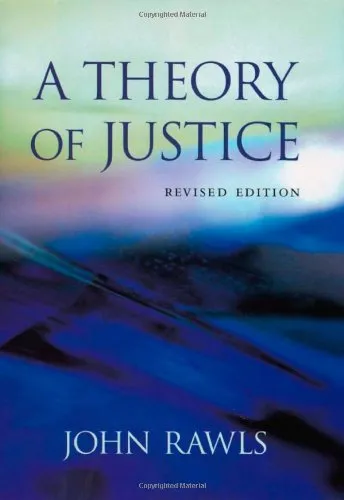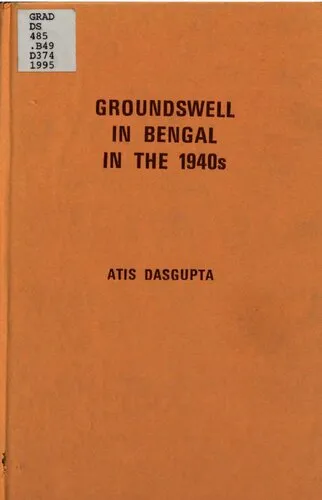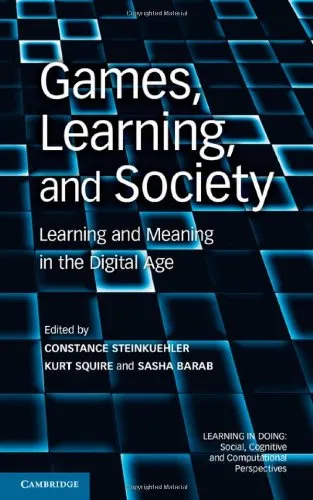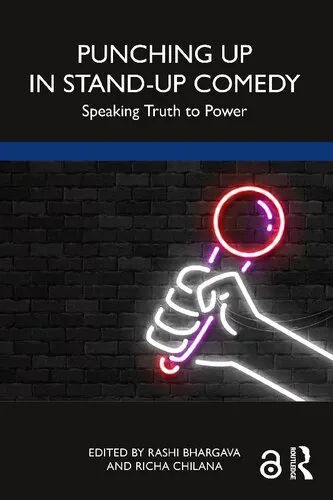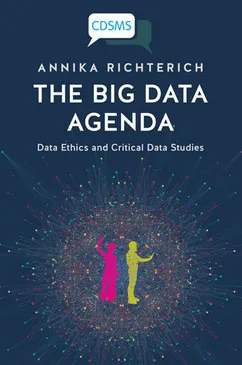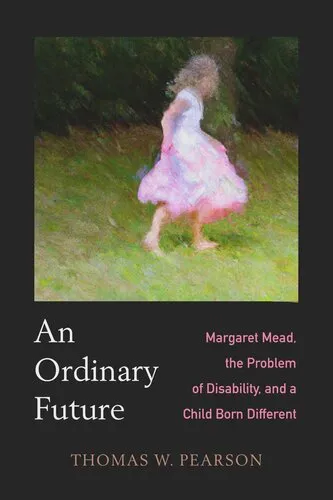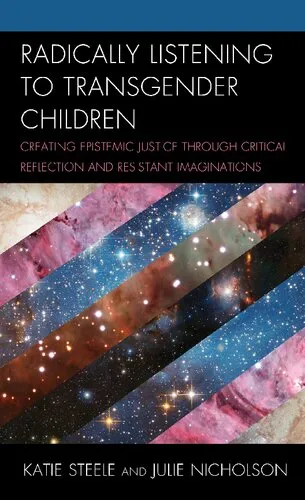For Whose Benefit?: The Biological and Cultural Evolution of Human Cooperation
3.8
بر اساس نظر کاربران

شما میتونید سوالاتتون در باره کتاب رو از هوش مصنوعیش بعد از ورود بپرسید
هر دانلود یا پرسش از هوش مصنوعی 2 امتیاز لازم دارد، برای بدست آوردن امتیاز رایگان، به صفحه ی راهنمای امتیازات سر بزنید و یک سری کار ارزشمند انجام بدینکتاب های مرتبط:
Introduction to For Whose Benefit
For Whose Benefit is a profound exploration of the hidden forces that shape our world, delving into the intersection of policy, economics, and human nature. Through incisive analysis and thought-provoking storytelling, this book seeks to answer critical questions: Who truly benefits from the decisions that drive societies? What is sacrificed in the pursuit of progress? And, most importantly, how can we ensure a better future for all?
Written with meticulous detail and an unflinching urge to uncover unspoken truths, For Whose Benefit challenges established norms and confronts the often unseen consequences of power dynamics. The book traverses history, politics, and philosophy, offering insights into how policies and structures inadvertently (or deliberately) favor some while marginalizing others. Ultimately, this book calls for introspection and collective action, compelling readers to see the ripple effects of their choices and how they intertwine within a global framework.
Whether you are a passionate advocate for social justice, a curious observer of human behavior, or someone simply seeking deeper meaning in the patterns of modern life, For Whose Benefit promises to leave an indelible mark on your understanding of fairness, equity, and responsibility.
Detailed Summary of the Book
For Whose Benefit is structured to take readers on a transformative journey. The narrative begins by peeling back the layers of historical decisions and societal norms that have entrenched inequalities over generations. From colonialism to globalization, the early chapters highlight how the quest for power and economic gain has consistently prioritized a select few at the expense of the many. These chapters serve as a foundation for the book’s central argument: that systems designed to serve all are often co-opted to serve a privileged minority.
As the book progresses, it shifts focus to contemporary issues, such as corporate influence on public policy, environmental degradation in pursuit of profit, and the role of technology in exacerbating or alleviating disparities. Each case study is dissected with precision, offering a balanced view that acknowledges progress while questioning its ultimate beneficiaries. For example, the book investigates how digital transformation has created unprecedented opportunities but has simultaneously widened the gap between the haves and have-nots.
Ultimately, For Whose Benefit emphasizes the power of collective action and ethical decision-making. The concluding chapters offer practical steps for creating systems that prioritize shared benefit over individual gain. These insights, rooted in both empirical evidence and moral philosophy, urge readers to reevaluate the structures they support and to champion more inclusive, sustainable practices in their personal and professional lives.
Key Takeaways
- Inequality is often a byproduct of policies designed with good intentions, but can be mitigated through intentional planning and accountability.
- Economic systems and technological advancements cannot be separated from ethical considerations; understanding their broader implications is crucial.
- The collective good outweighs individual benefit over the long term, yet achieving this requires challenging entrenched interests and systems.
- Empathy and education are underrated yet powerful tools in fostering equitable societies.
Famous Quotes from the Book
"If the cost of progress is the suffering of many, then we must ask ourselves: is it progress at all?"
"The most dangerous lie ever told is that 'this is just the way it is.' That lie absolves responsibility and stifles change."
"Power is not inherently corrupt, but its misuse almost always benefits the few at the expense of the many."
"Societies flourish when their systems prioritize fairness; they falter when fairness is deemed expendable."
Why This Book Matters
In an increasingly complex and interconnected world, it is easy to lose sight of the human stories behind policies, systems, and decisions. For Whose Benefit serves as a vital reminder that beyond every statistic lies a life impacted by inequality, marginalization, or systemic neglect. The book’s relevance extends across borders and disciplines, speaking to policymakers, activists, educators, and everyday citizens alike. Its timely insights align with urgent global conversations about equity, sustainability, and the ethical role of technology.
More than just a critique of the status quo, this book is a call to action. It equips readers with the knowledge and tools to identify inequities in their own environments and to become agents of meaningful change. By encouraging critical thinking and empowering ethical leadership, For Whose Benefit transcends traditional non-fiction, becoming a roadmap for future progress.
If you are ready to question the systems you take for granted, to challenge complacency, and to work toward a fairer, more inclusive world, then For Whose Benefit is a book that you cannot afford to miss.
دانلود رایگان مستقیم
شما میتونید سوالاتتون در باره کتاب رو از هوش مصنوعیش بعد از ورود بپرسید
دسترسی به کتابها از طریق پلتفرمهای قانونی و کتابخانههای عمومی نه تنها از حقوق نویسندگان و ناشران حمایت میکند، بلکه به پایداری فرهنگ کتابخوانی نیز کمک میرساند. پیش از دانلود، لحظهای به بررسی این گزینهها فکر کنید.
این کتاب رو در پلتفرم های دیگه ببینید
WorldCat به شما کمک میکنه تا کتاب ها رو در کتابخانه های سراسر دنیا پیدا کنید
امتیازها، نظرات تخصصی و صحبت ها درباره کتاب را در Goodreads ببینید
کتابهای کمیاب یا دست دوم را در AbeBooks پیدا کنید و بخرید
1220
بازدید3.8
امتیاز0
نظر98%
رضایتنظرات:
3.8
بر اساس 0 نظر کاربران
Questions & Answers
Ask questions about this book or help others by answering
No questions yet. Be the first to ask!


